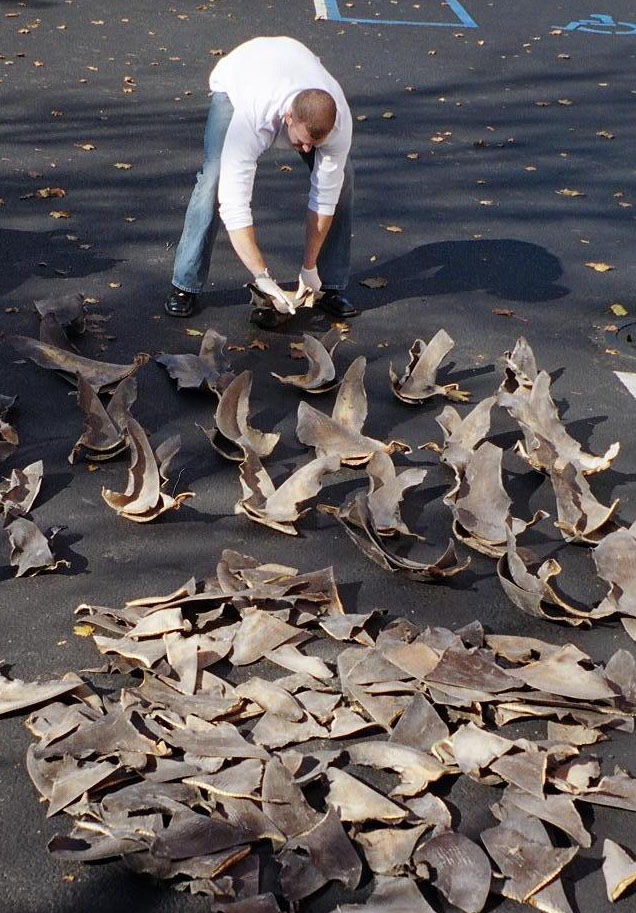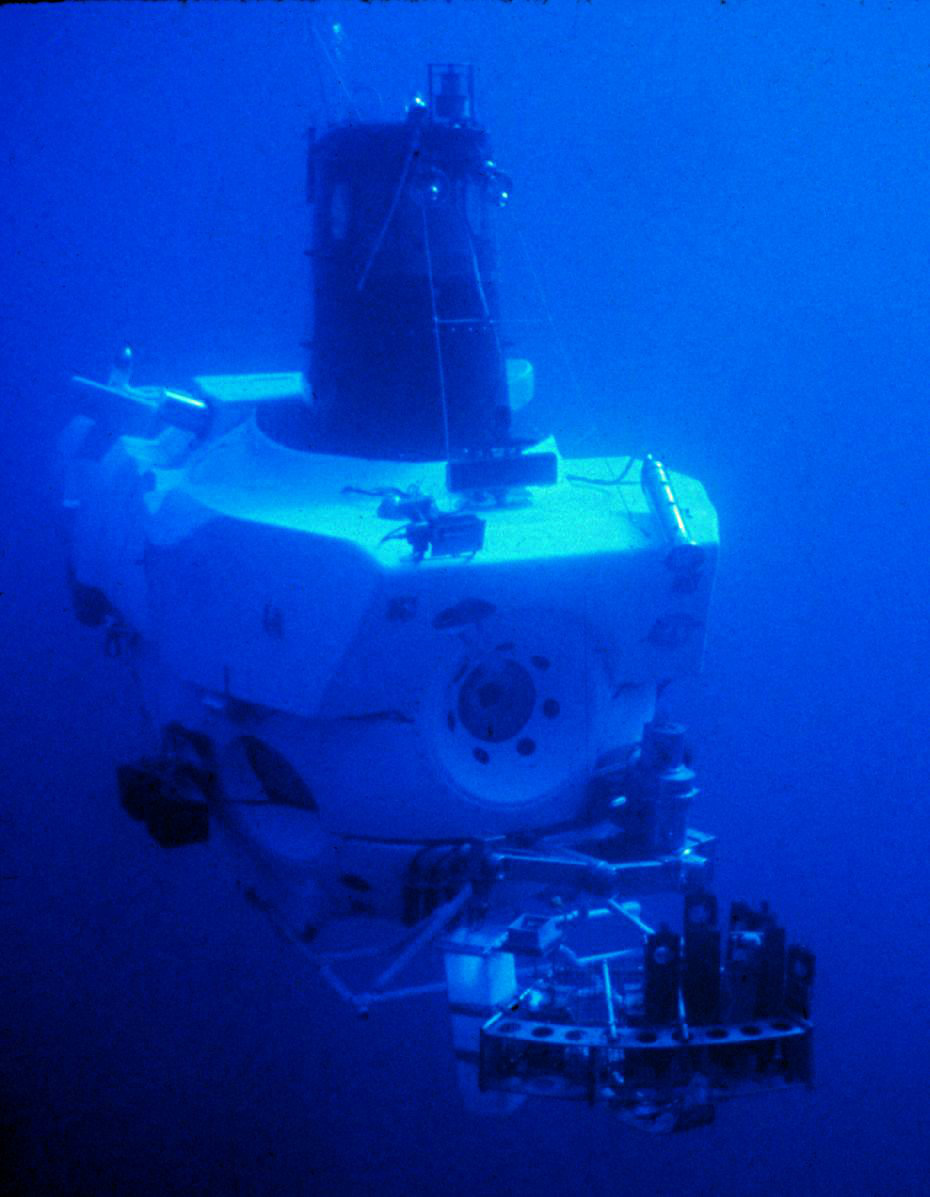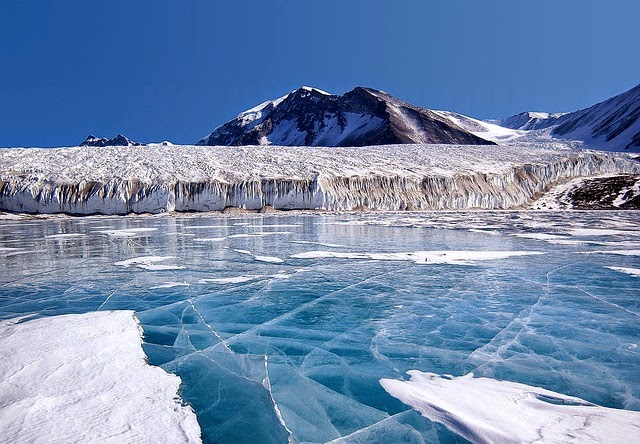- Massachusetts Becomes Ninth State to Ban Possession, Sale of Shark Fins
- Offshore Wind Farms are Hunting Havens for Seals in Germany and UK
- First Major Prosecution Under California’s Shark Fin Ban
- $40 Million Research Funded for Exploration of the Open Ocean
- Antarctic Fish Might Survive Ocean Warming
1. Massachusetts Becomes Ninth State to Ban Possession, Sale of Shark Fins
Governor Deval Patrick signed a bill yesterday banning the possession and sale of shark fins in the state of Massachusetts. This makes nine states that have taken definitive action against this unsustainable practice.
Sea Save Foundation played a pivotal role in building momentum and support for the passage of California’s shark fin ban. In addition to California and Massachusetts, Oregon, Washington, Illinois, Maryland, New York and Delaware have enacted laws prohibiting the sale of shark fins and food containing the fins. This bill makes Massachusetts the ninth state to pass legislation criminalizing the shark fin trade. Violators will be fined between $500 and $1,000, as well as up to 60 days in jail.
2. Offshore Wind Farms Are Hunting Havens for Seals in Germany and UK
3. First Major Prosecution Under California’s New Shark Fin Ban Is Getting Underway
California’s new shark fin ban will soon be challenged. One of the strongest opponents in the heated debates that preceded the passage of Assembly Bill AB 376 was Michael Kwong.
It seems that Mr. Kwong opted to ignore the newly adopted policies. State wildlife officials found 2,138 pounds of shark fins at Kwong’s San Francisco warehouse in January — six months after the ban took effect.
- Frozen and processed shark fin
- Raw shark tail
- Dried shark fin
- Dried shark fins cited for display purposes
4. $40 Million Research Funded for Exploration of the Open Ocean
The School of Ocean and Earth Science Technology (SOEST) just received the largest grant in the school’s history. $40 million dollars will be dedicated to open ocean exploration. Donated by the Simons Foundation, the money will be used to study disciplines such as microbiology, oceanography and chemistry.
The research will be conducted at Station ALOHA, an ocean outpost located 100 kilometer off Kahuku Point, Hawaii.
This funding will further the 25 years of research conducted by SOEST.
Read more Kaleo
5. Antarctic Fish Might Survive Ocean Warming
Read more NDTV








